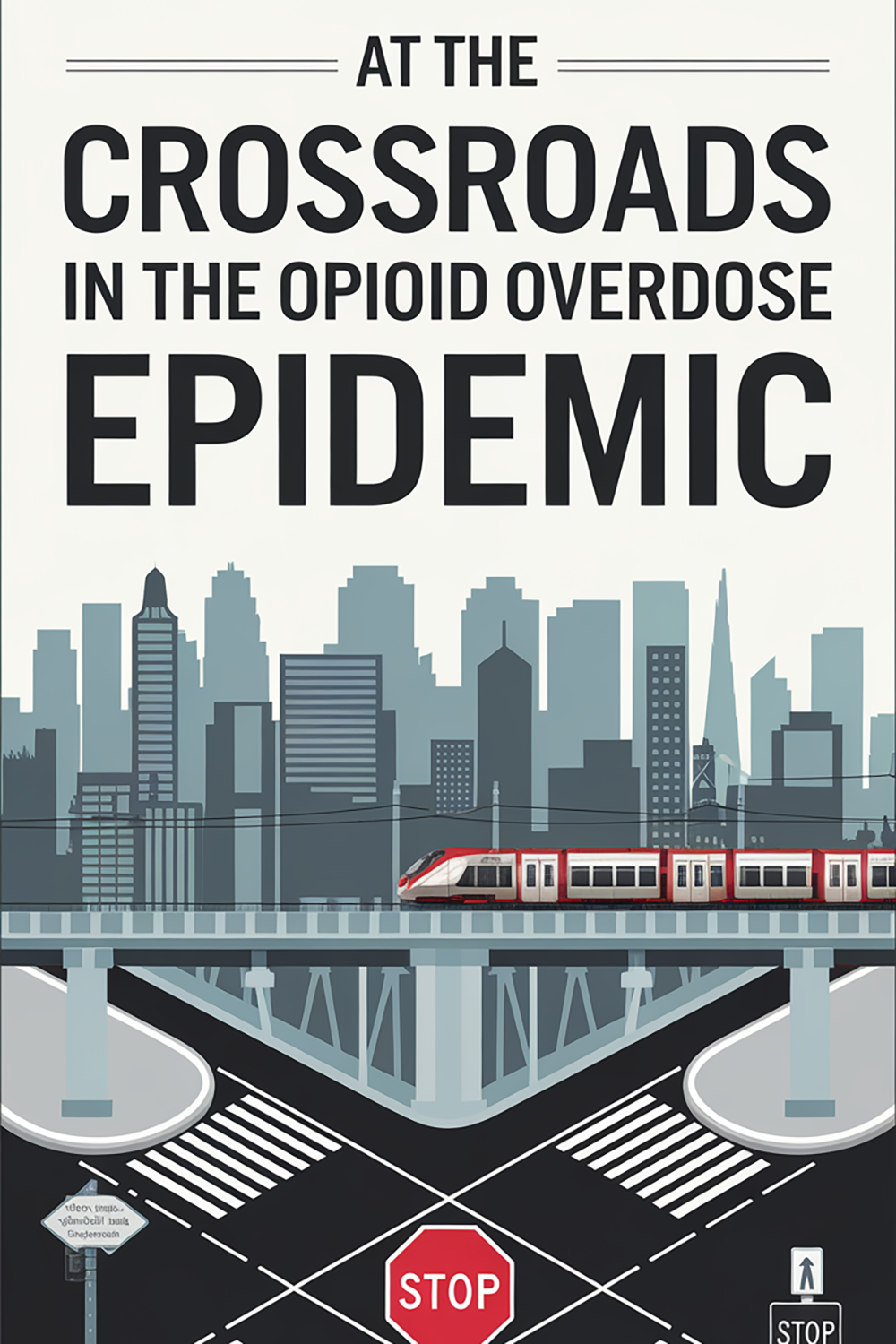The current opioid drug overdose epidemic shows little sign of abat- ing as more than 100 000 Americans needlessly died of drug overdose in 2022.1 US efforts to mitigate this health crisis have been insufficient, and we need to reexamine our current drug policy priorities, practices, and strate-gies to ensure that they are based on science and empirical evidence. Ray et al., in this issue of AJPH (p. 750), ex- amined the effects of police drug sei-zures on overdose in Indianapolis, Indiana, and found a onsistent pattern of increased drug overdoses.
The authors’ findings suggest three strategic public health priorities that we believe are needed to improve our nation’s re- sponse to the current opioid overdose crisis: (1) prioritizing cross-system and interorganizational collaborations to improve the effectiveness of existing health care and social service re- sources, (2) expanding the use of inno- vative geospatial data and methods to improve contextual understanding of policy and program effects, and (3) pri- oritizing demand reduction by expand-ing current harm-reduction approaches and implementing promising new “radical” but rational evidence-based interventions to save lives.
